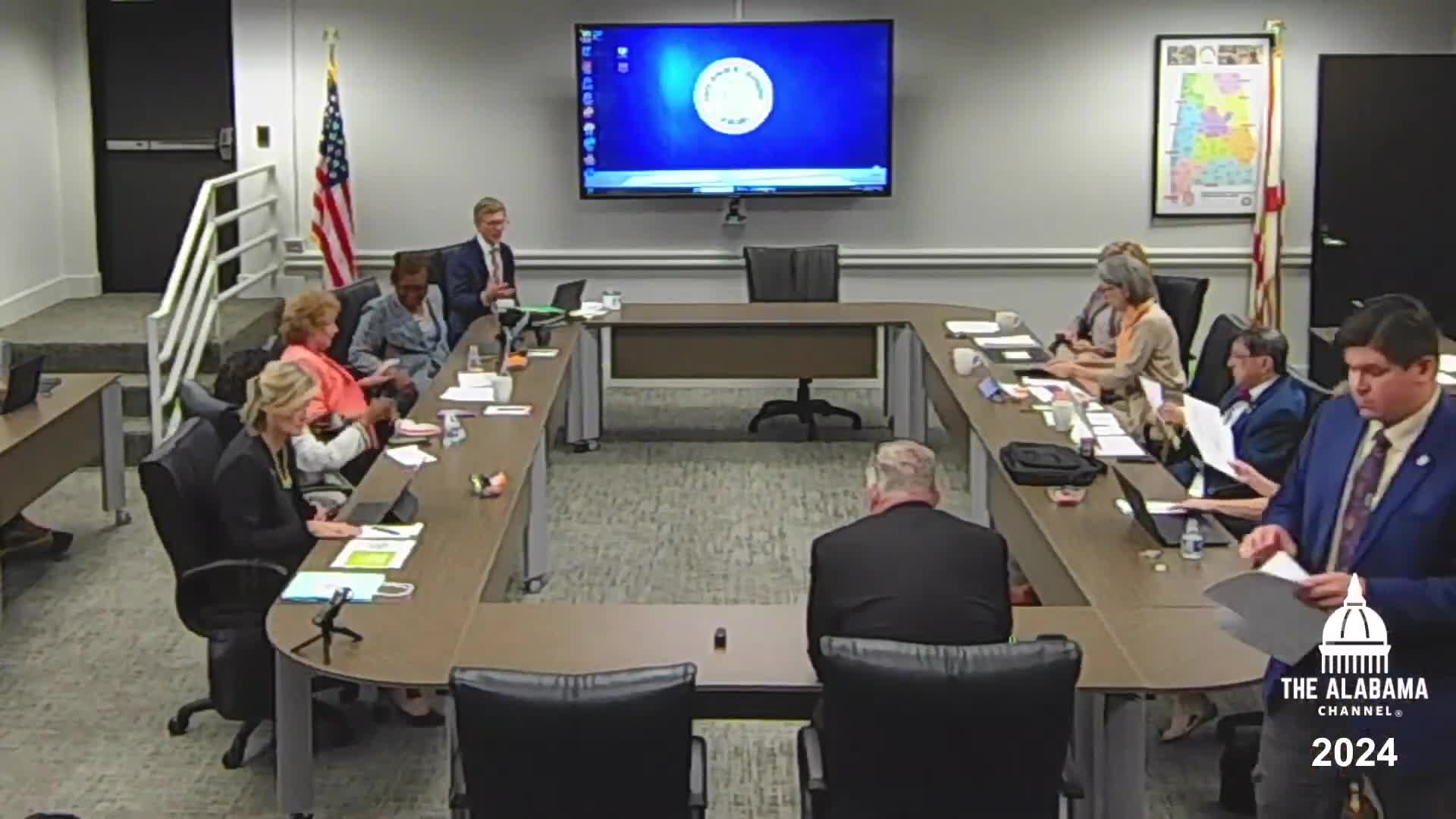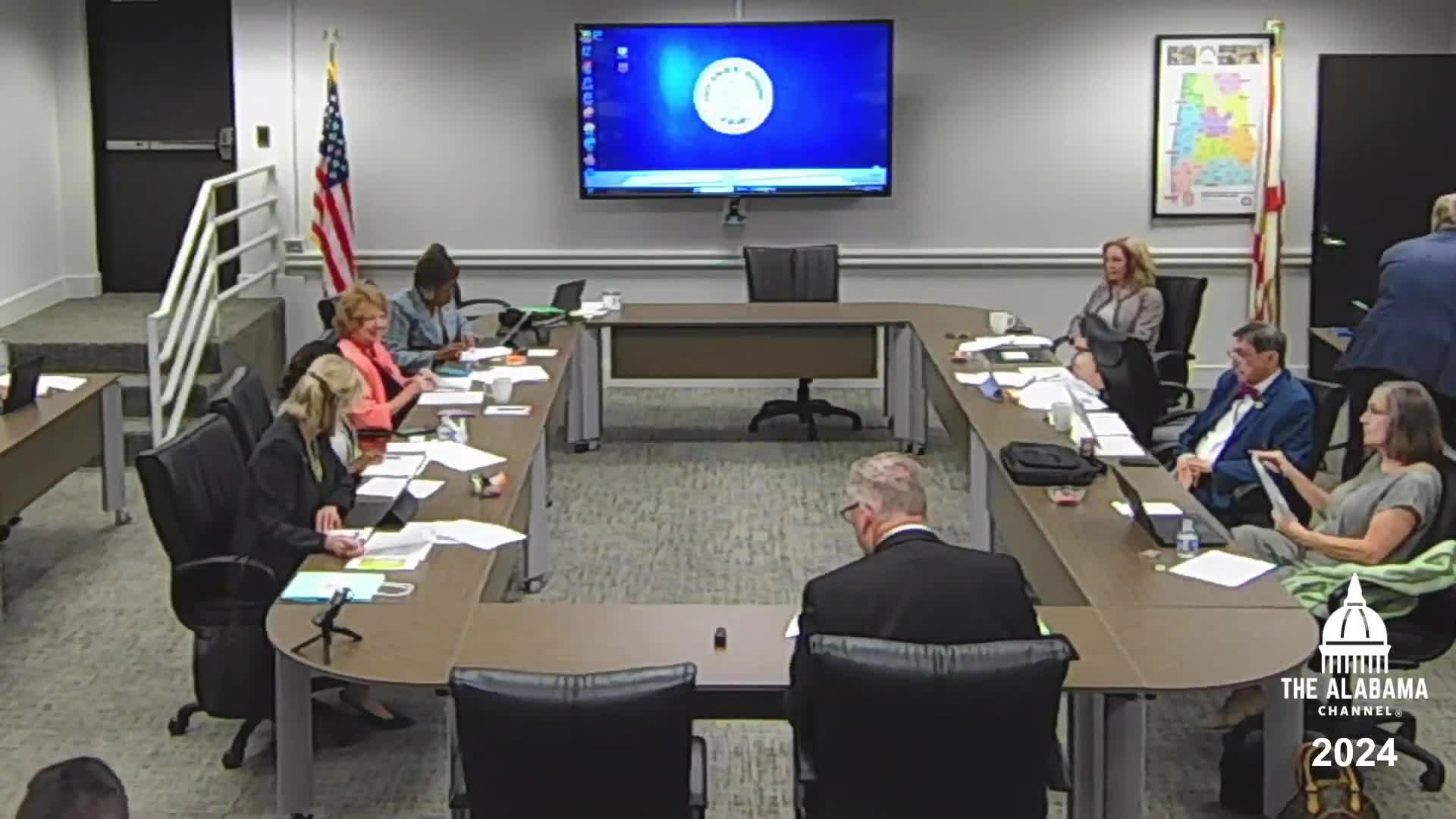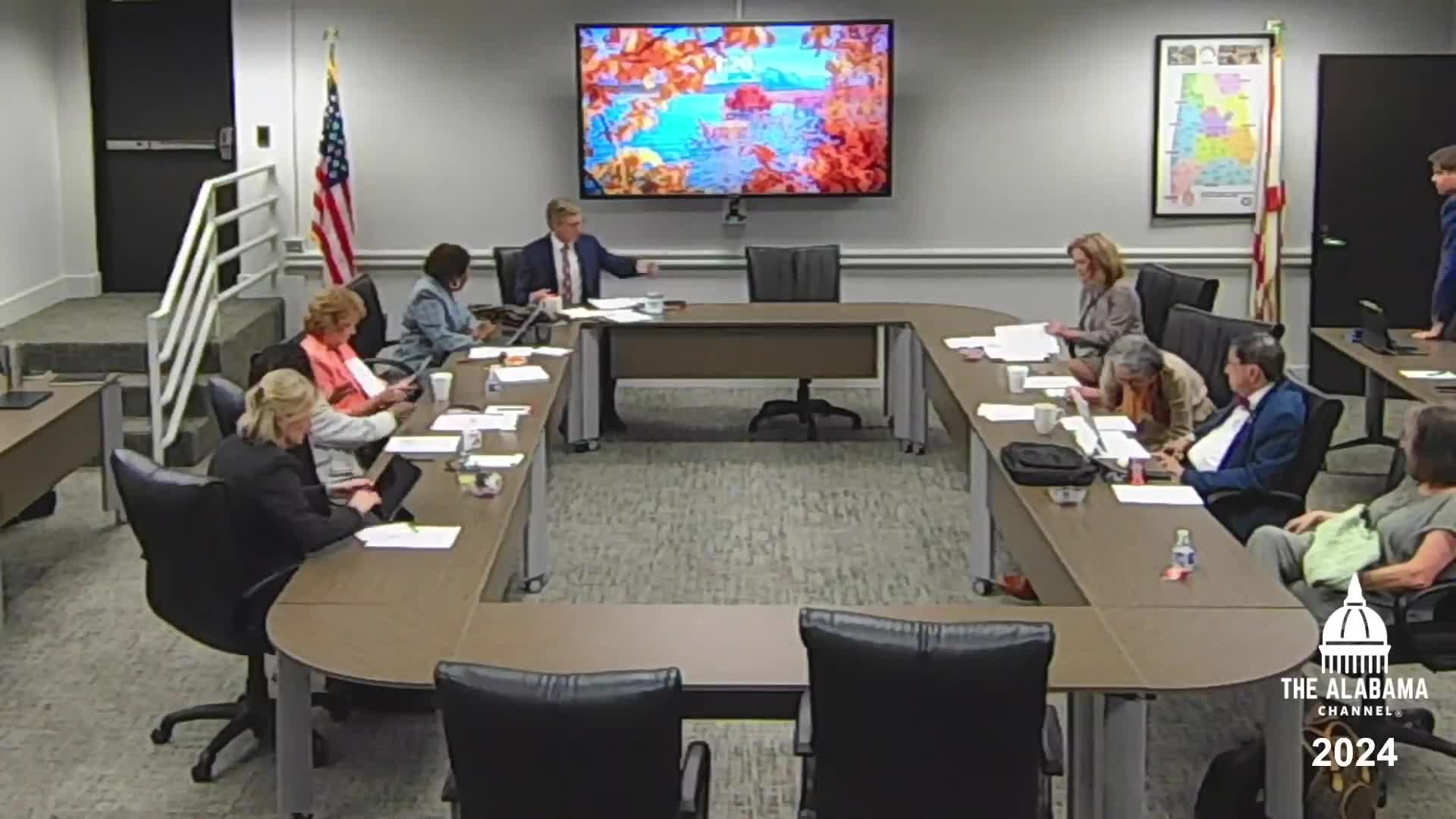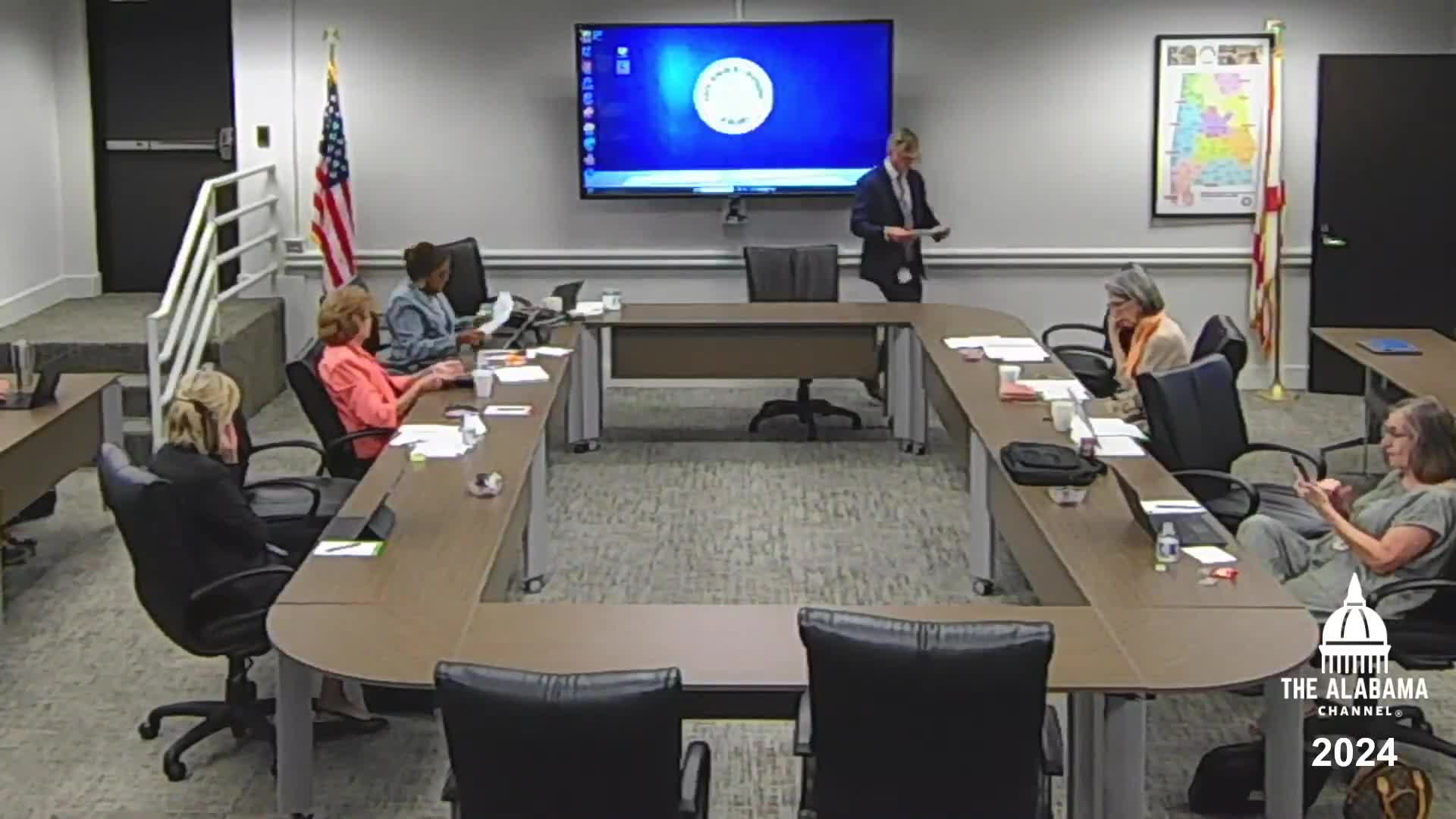Article not found
This article is no longer available. But don't worry—we've gathered other articles that discuss the same topic.

State education staff outline FY26 budget requests including $50M for school safety and $52M for struggling readers

Retirement Systems official urges caution on retiree COLAs; RSA board to request legislative help for PHIP shortfall

Board reviews new high‑school diploma pathways: career‑tech pathway, seals and crosswalk to existing credits

